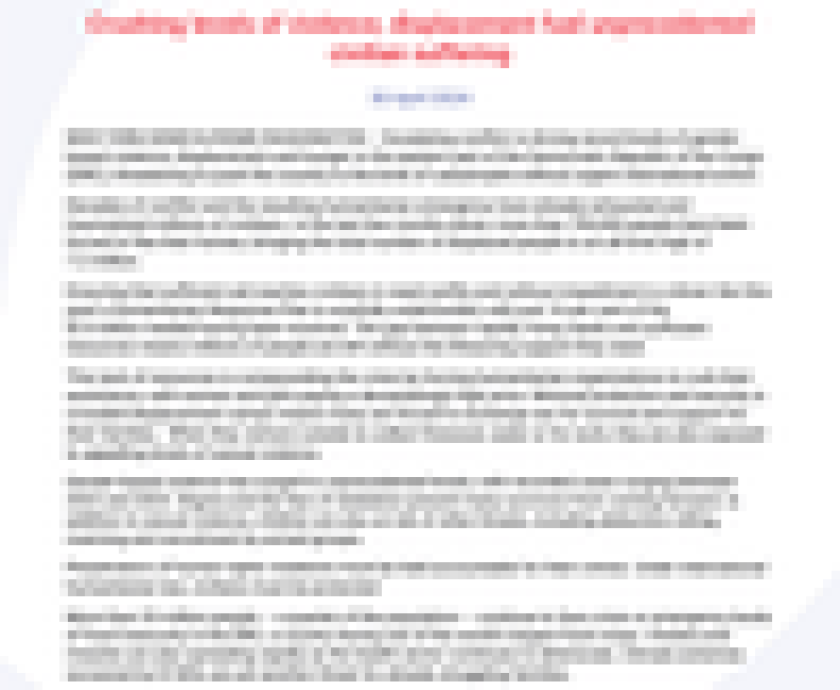Click to expand Image
The benches of a school sit empty in Kabul, Afghanistan, December 22, 2022.
© 2022 Ebrahim Noroozi/AP Photo
September 17 marks three years since the Taliban banned secondary education for girls in Afghanistan, shortly after their return to power in August 2021. While the issue of Afghan girls’ secondary education has generated much discussion globally, governments and international institutions have yet to take meaningful action to reverse the Taliban’s ban.
The Taliban are systematically attacking women’s rights by depriving girls of a full education, causing long-lasting harm to Afghanistan’s education system and its people. Banning girls beyond grade six from school is a misogynist attack that institutionalizes gender inequality in Afghanistan’s education system. The ban negatively impacts all areas of Afghan life and has dire societal, developmental, and economic consequences for the country’s future. The harm increases with each day the ban remains in place.
With the Taliban’s ban attacking girls’ education, Afghanistan’s future will suffer from a serious lack of doctors, nurses, female teachers, and educated women professionals from various walks of life. This will further undermine women’s role in Afghan society and lead to an unequal, segregated, and impoverished society without women’s meaningful contributions.
Secondary school is an important time of growth and learning for children. The Taliban’s discriminatory ban is depriving at least 1.4 million girls of their right to education. This has taken a psychological and emotional toll on Afghan girls, extinguishing their hopes.
The Taliban are wasting girls’ precious time during the most critical years of their personal and academic development, learning, and growth, just as they wasted five years of girls’ learning time when they were previously in power from 1996 to 2001, for which they were never held accountable. The girls that missed school during those years mostly never fully recovered, and the girls missing school today will also face lifelong and intergenerational consequences.
The Taliban should immediately end their crushing ban on girls’ secondary education and provide safe and quality education for all girls. The international community should press the Taliban to immediately reverse their ban and honor their past pledges to reopen schools for girls. Donor countries should support communities that seek to uphold girls’ right to education and fund online and underground education initiatives run by women.



